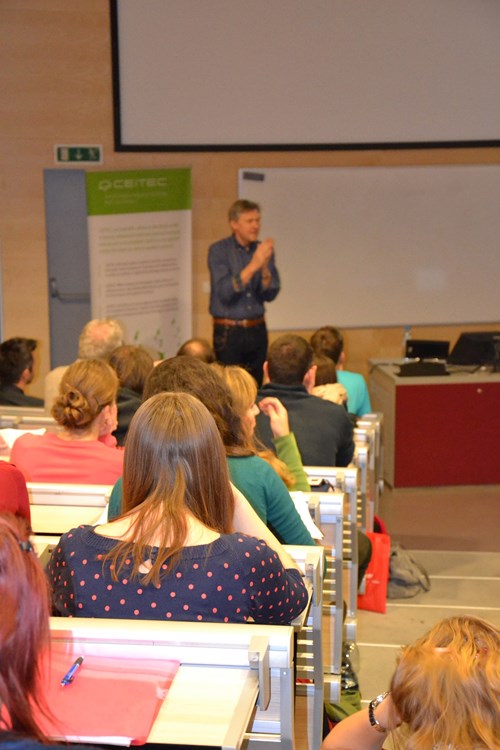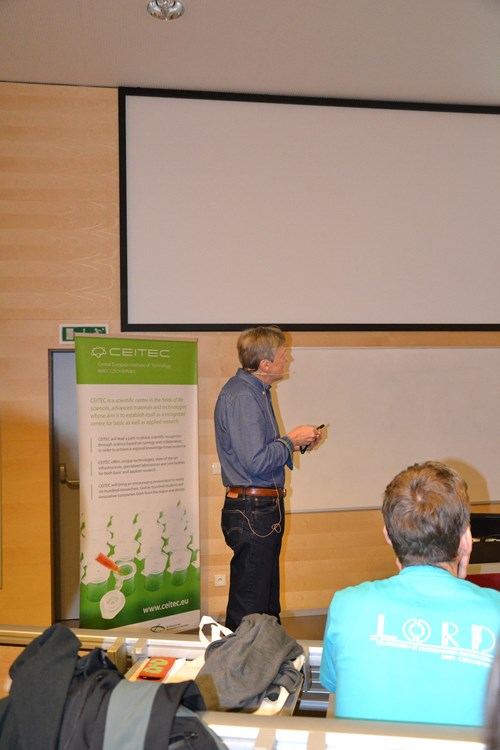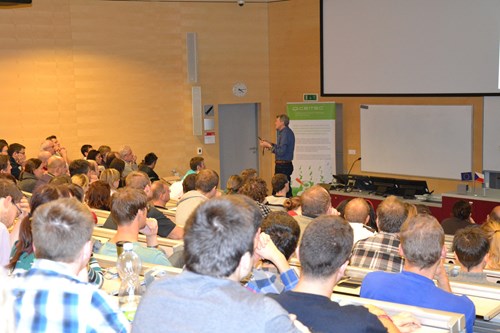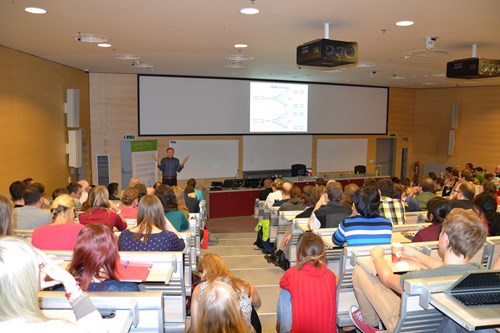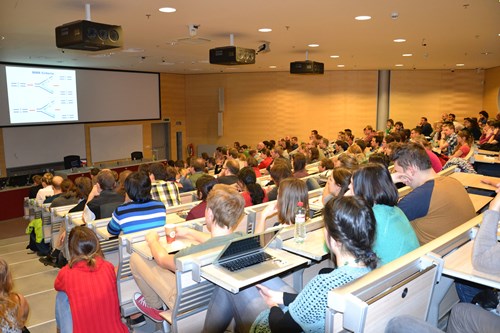About the lecture
The enzymes responsible for DNA synthesis during replication, polymerases d, and e, are highly-accurate molecular machines that make an error only about every 10’000-100’000 nucleotides. This fidelity is insufficient to copy the genome of even the smallest bacterium, but the enzyme carries also an intrinsic proofreading activity, which improves their precision by further two orders of magnitude. However, to copy the human genome, replication fidelity has to be greater than 109. This is achieved with the help of the mismatch repair (MMR) system, which detects non-Watson-Crick base pairs in DNA and excises the misincorporated nucleotide(s) specifically from the newly-synthesized strand.
In my presentation, I shall discuss the biochemistry of MMR, as well as the consequences of its malfunction. I shall also discuss cases where MMR addresses DNA lesions that it should not, and show an example where the action of MMR helps introduce mutations into DNA rather than remove them - to our benefit.
